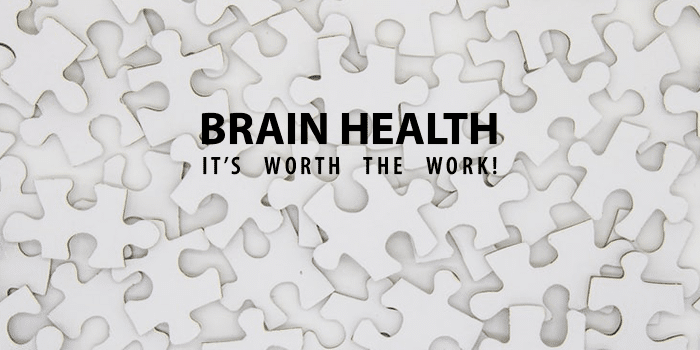 5-star Fitness
5-star Fitness
TRANSFORM YOUR LIFE TODAY! 1(888)488-8936
Book a Consult
 5-star Fitness
5-star Fitness

1. Stay Mentally Active and Engaged
Keeping the brain healthy through remaining engaged and active is important, especially if we are not working or if we have retired. Study after study shows that too much TV, screen time, down-time or boredom are not good for strong brain functioning. Doing things like reading, playing games (scrabble, crossword puzzles, etc), pursuing one’s interests, taking a new class, learning a new skill, and so on all help keep the brain functioning optimally. Additionally, staying engaged socially is also very good for brain health. Examples might include good conversations, attending events, spending time with loved others, or being a part of meaningful causes.
2. Practice Balance
Practicing balance has gotten very popular of late and with good reason. When we do things in moderation, avoid extremes, are more thoughtful about where and how we function best, all have significant benefits. For example, we tend to think more clearly, be more stable, and avoid wasting needed energy. This may mean being more structured about when to start and stop work, about including play and fun with our work, and taking breaks when doing stressful things. At the level of the brain, this gives our thinking centers time to rest and rejuvenate while non-thinking parts of the brain take their turn.3. Get Enough Rest
Rest and quality sleep help not only the brain, but our overall health too. Sleeping enough, on average 7-9 hours per night, as well as getting deep sleep helps the brain rest, restore and function optimally. Things that may help quality sleep include having a wind-down routine, eliminating electronic use 1-2 hours prior to bed, setting a bed time and wake up time, or doing relaxation activities just before sleep (i.e. reading, listening to music, saying a prayer).4. Train Our Brain Toward Positivity
In the 1970s, neuroplasticity was discovered. In easy terms, this meant our brain was trainable, not fixed, in its ability to grow and learn new things. Teaching our brain to think positively- to be a bit more optimistic, reassuring, kind, gracious, supportive and so on goes a long way toward brain health and emotional well-being too. We might do this through what we read, saying affirmations, catching ourselves being negative and making an 180 degree turn, seeing the cup “half-full” instead of “half empty,” and remembering what we learned in kindergarten: be nice. Is it easier said than done? The answer to that is yes. However, is it worth doing? You bet, don’t live life without it!5. Breathe Consciously
When we are under stress and tension, or breathing shallowly, blood and oxygen flow to the brain constrict and therefore lessen. This can make it more difficult to think clearly, access ideas and options, or perceive information correctly. Breathing deeply and consciously helps blood and oxygen flow to the brain, for optimal states of both alertness and relaxation. Breathing consciously is good, good, good! You might try breathing deeply and slowly for 60 seconds or try double inhaling through the nose and breathing slowly out of the mouth.